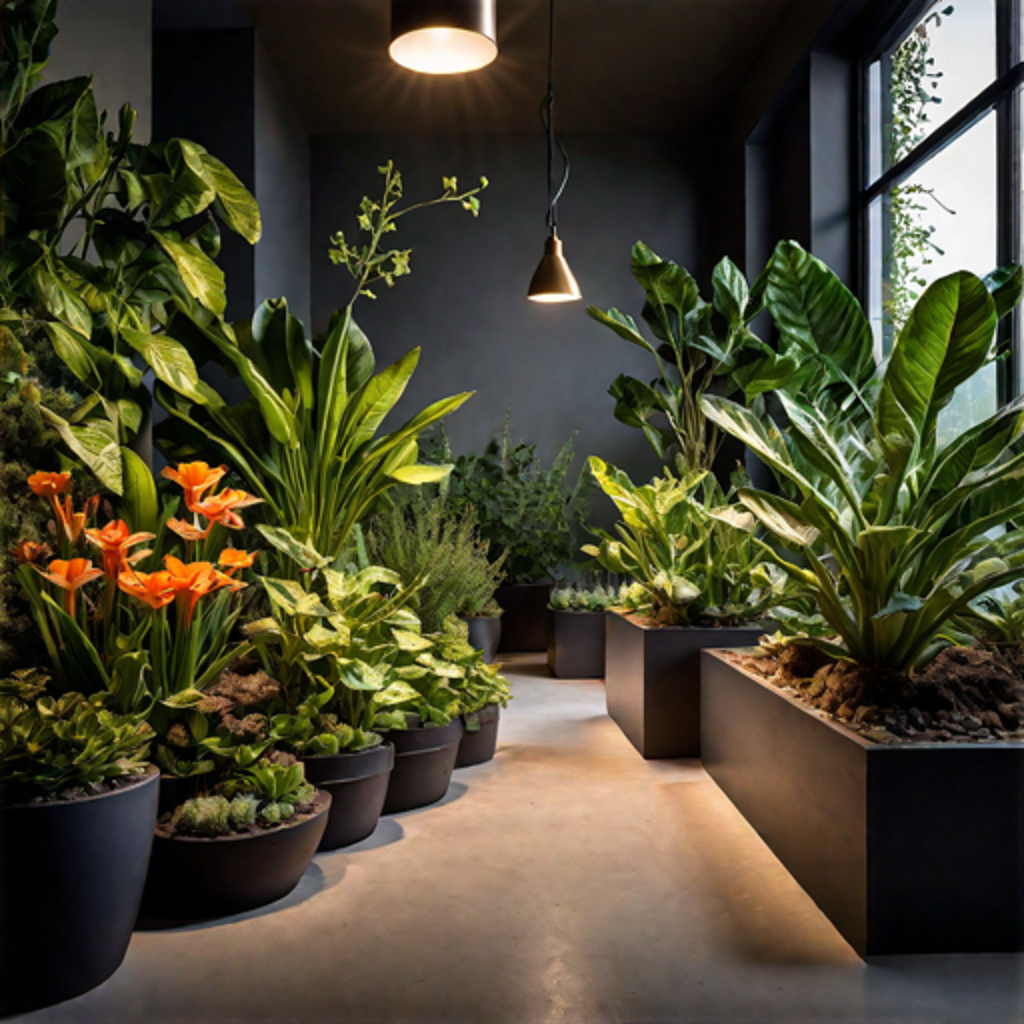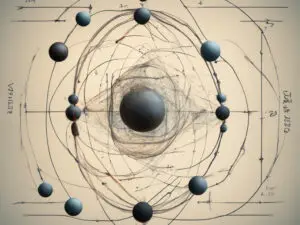Botany
The NEET (National Eligibility cum Entrance Test) Botany syllabus covers various topics related to the study of plants, their structure, ...
physiology, genetics, ecology, and evolution. Below is a comprehensive list of topics typically included in the NEET Botany syllabus
Show more
- Description
- Reviews

The NEET (National Eligibility cum Entrance Test) Botany syllabus covers various topics related to the study of plants, their structure, physiology, genetics, ecology, and evolution. Below is a comprehensive list of topics typically included in the NEET Botany syllabus:
-
Diversity in the Living World:
- Taxonomy and systematics
- Five kingdom classification
- Plant kingdom classification (based on major groups like algae, bryophytes, pteridophytes, gymnosperms, and angiosperms)
- Salient features and classification of plants
-
Structural Organization in Plants:
- Morphology and anatomy of flowering plants
- Tissues and tissue systems in plants
- Meristematic tissues and their growth
-
Plant Physiology:
- Transport in plants (water and minerals, transpiration, and translocation)
- Photosynthesis (light reactions, Calvin cycle, C3, C4, and CAM pathways)
- Respiration in plants (glycolysis, Krebs cycle, electron transport chain)
- Plant growth and development (growth regulators, photoperiodism, vernalization)
-
Cell Structure and Function:
- Cell theory and cell as a basic unit of life
- Structure and functions of cell organelles (cell wall, cell membrane, nucleus, chloroplasts, mitochondria, endoplasmic reticulum, Golgi apparatus, vacuoles, lysosomes, peroxisomes)
-
Plant Genetics and Biotechnology:
- Mendelian genetics (laws of inheritance, monohybrid and dihybrid crosses)
- Linkage and crossing over
- Chromosomal theory of inheritance
- Molecular basis of inheritance (DNA replication, transcription, translation, genetic code)
- Gene expression and regulation
- Genetic engineering and biotechnology applications in plants
-
Reproduction in Plants:
- Sexual reproduction in flowering plants (flower structure, pollination, fertilization)
- Asexual reproduction (vegetative propagation, types of vegetative propagation)
- Plant growth and development (growth regulators, photoperiodism, vernalization)
-
Ecology and Environment:
- Ecosystem structure and function
- Energy flow and nutrient cycling in ecosystems
- Ecological succession and ecosystem dynamics
- Biodiversity and its conservation
- Environmental issues (pollution, global warming, deforestation) and their management
Please, login to leave a review
Course details
Duration
160 hours
Video
9 hours
Level
Advanced
Popular courses
Archive
Working hours
| Monday | 8:00 am - 8.00 pm |
| Tuesday | 8:00 am - 8.00 pm |
| Wednesday | 8:00 am - 8.00 pm |
| Thursday | 8:00 am - 8.00 pm |
| Friday | 8:00 am - 8.00 pm |
| Saturday | 8:00 am - 8.00 pm |
| Sunday | 8:00 am - 8.00 pm |







